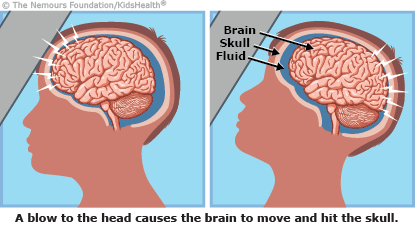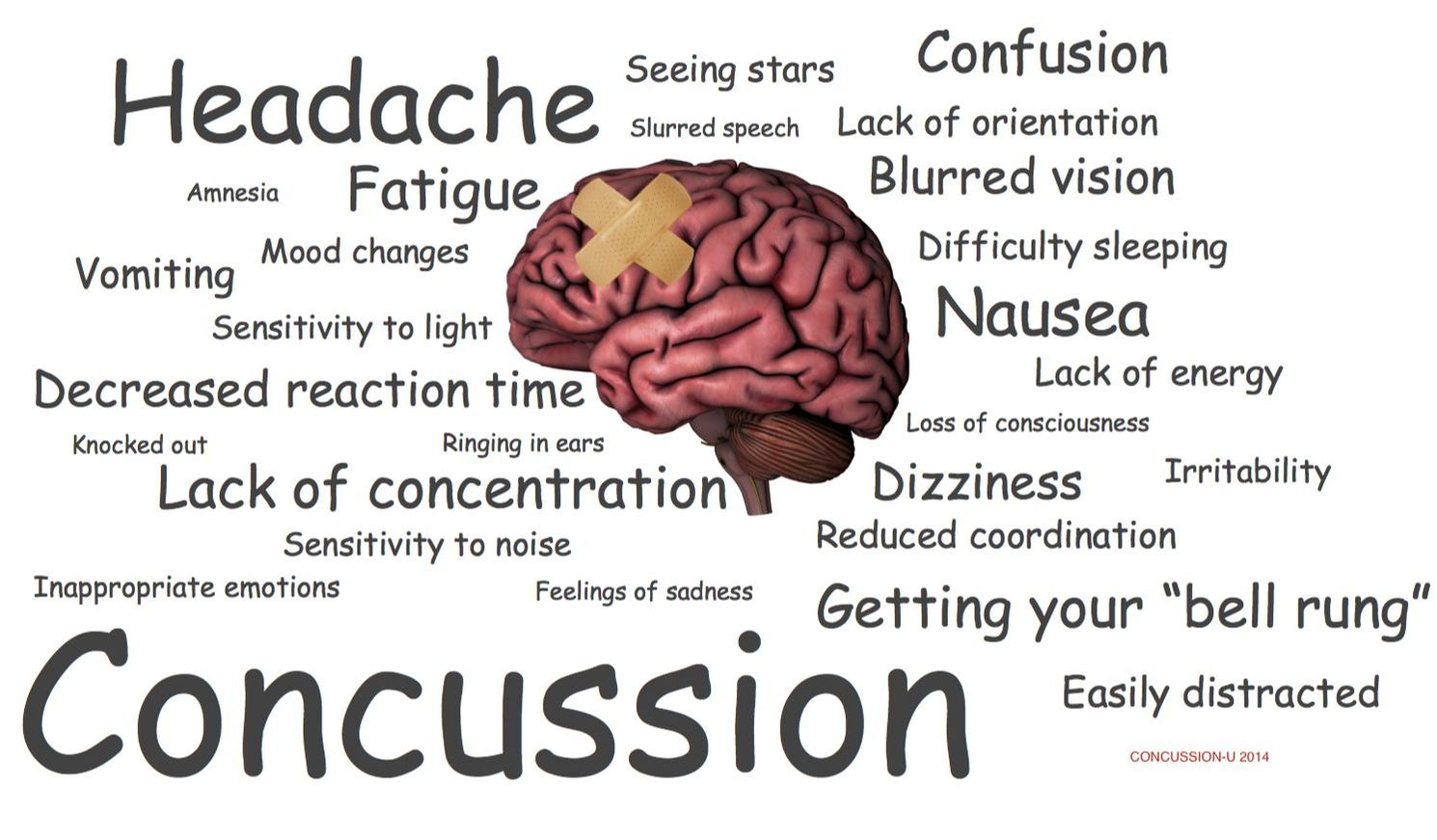Spoiler alert: The take-home message of this post is in the title. Second spoiler: I wrote that sentence so that I would stop forgetting what the take-home message of this post was. A brief introduction:There are two pieces to my new series on my own concussion. Later, I’ll publish a longer, narrative piece about what I went through and am going through as I muddle my way through to getting better. This first bit is the shorter one. It started as a few quick tips and tricks to dealing with the symptoms of concussion, but it’s matured into a bit of a Self-Care Manifesto for two reasons. First, at the end of the day, you should always take good care of yourself whether or not you’ve had a mildly traumatic (it has not been *mildly* traumatic for me, btw) brain injury. Second, it is so easy to forget to take care of yourself. This is especially true in academia. But when something takes away your brain (aka your academic capital) and forces self-care on you as the only way to get it back, it feels like a pretty obvious sign that you should make a few permanent changes to your life and treat yourself better. Then I thought I might forget my own advice so I ought to write it down. Then I thought maybe it might help other people so I ought to share it. Then I thought that this list is probably comprised of all the things that other better, more successful academics than me already do and so they don’t need this list and people will be mad I wasted their time. Then I thought, that’s probably my concussion mood-swing and anxiety talking and screw it, it could help one person so let’s publish it. What's a concussion? Concussions happen when your head and/or body receive a traumatic blow or violent shake—basically when you hit something or something hits you with great force. The force causes your brain to bounce about or twist inside your skull. This, in turn, can cause damage to brain cells, lead to mild swelling (I disagree with this terminology given that it’s inside my head), and/or cause hormonal changes that generally wreak havoc on you until they’re sorted out. Most people associate concussions with high-impact sports like football, especially given recent revelations about the long-term and compounding effect of multiple concussions. However, they also happen in other contexts like car crashes or slipping on the winter ice and falling. The important points to remember are that anyone can get a concussion and that you don’t even have to hit your head directly or lose consciousness to have suffered one. The handy little infographic below outlines the constellation of symptoms associated with concussions. Each of these may be present or absent, either immediately or after a delay, may range from mild to severe, and may resolve themselves quickly or slowly and not necessarily in concordance with one another. Delightful, isn't it? I’ll be more honest about my symptoms and how badly this has been going for me in my next installment. At this point in time, things are still too frustratingly fresh to disentangle and describe accurately or precisely. Let’s just say that all of the things that one might need in their mental dissertating tool-kit like laser-like focused concentration, cohesive intractable logic, a top-notch command of written-language communication tools, and the ability so stare deeply into your lap-top for hours on end… can disappear like you never developed them in the first place. And so, if you’re like me, you might find that very frustrating… like collapse into a pile of tears frustrating… but I’ve found some incredibly helpful guiding principles and been working on organizing them. Here are those thoughts before they disaparate.... How Dissertate Through Concussion: |
Kris SabbiThis blog is a forum share my personal experiences as a field researcher and traveler. Categories
All
Blog Archives
June 2022
By Category
All
|


 RSS Feed
RSS Feed
